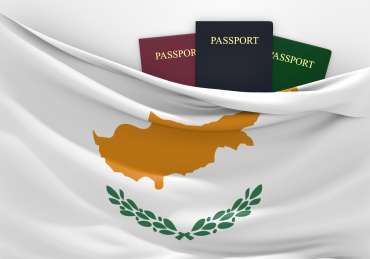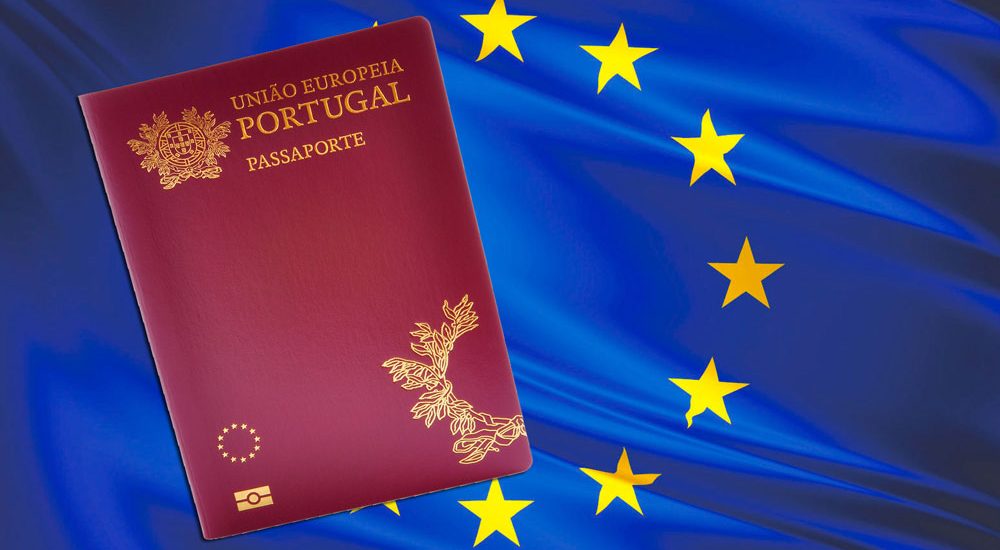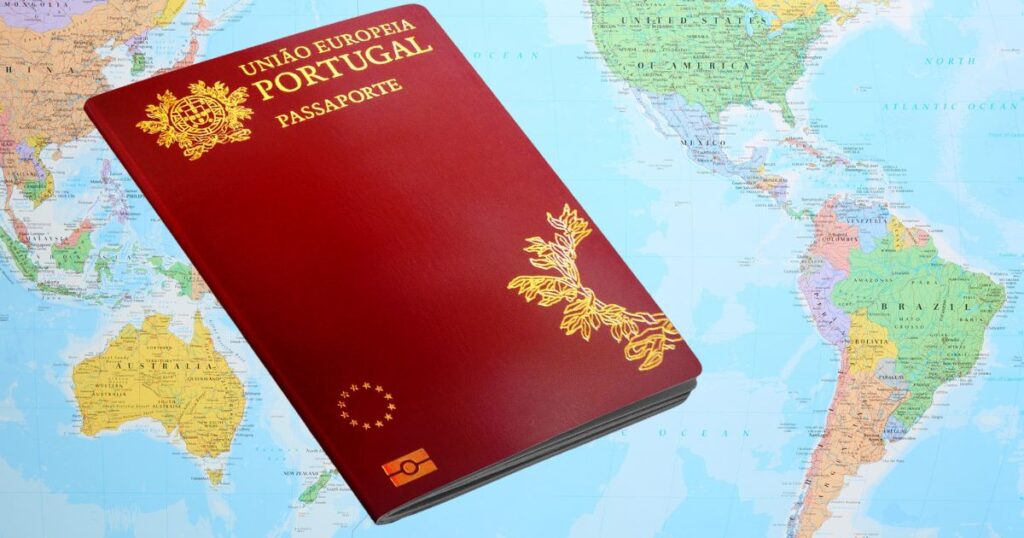Cyprus Government has tightened rules for citizenship by investment scheme by introducing anti-money laundering checks as part of new measures taken by the cabinet to strengthen the integrity of the scheme. It is expected the regulations soon be approved by parliament.
The new changes will make deprivation of citizenship possible for serious crimes.
No further changes apply. The investment rules will will remain the same
- Invest €2 million euros in real estate
- Must own a permanent home €500K euros maintained for life
- Must have had a schengen visa previously
- Contribute €150K one time to housing and research development of Cyprus
- Annual quota of 700 applications per year. (temporarily increased for 2020)
The applicant should have made the necessary investments during the three years preceding the date of the application and must retain the said investments for a period of at least five years as from the date of the naturalization.
Last year, the Government allotted 1.4m euros for the purpose of enhanced due diligence checks subjecting all applicants and their family members. These checks were carried out by internationally renowned due diligence firms
AML Rules
The anti-money laundering legislation is in the Cypriot legal framework on investors’ citizenship schemes. Applicants are required to open a bank account in Cyprus and undergo background checks done by banks in Cyprus.
Cypriot Banks’ compliance departments must implement the due diligence measures to verify and validate the origin of the funds used in the investment. This is based on the proof (bank transfer receipts) that must be submitted by all applicants (investor and family members) that the transactions were made through Cypriot banks from a foreign country to the Cypriot bank account of the seller/company/investment fund. The due diligence costs are borne by the applicant.
The European Union’s legislation to combat money laundering and terrorist financing is Directive (EU) 2015/849 requires banks and other gatekeepers are required to apply enhanced vigilance in business relationships and transactions involving high-risk third countries to protect the financial system in the EU.
High Risk Countries
The EU list of High risk countries include
- Afghanistan
- North Korea
- Iran
- Iraq
- Pakistan
- Syria
- Trinidad and Tobago
- Uganda
- Vanuatu
- Yemen
5th AML directive
The 5th Anti-Money laundering directive has been adopted and entered into force on 9 July 2018. Member States will have to implement these new rules into their national legislation by 10 January 2020.
The 5th AML directive implements important measures such as
- Beneficial ownership registers for legal entities, such as companies and trusts, will be public and interconnected with member states
- Lifting the anonymity on electronic money products (prepaid cards)
- AML/CFT standards applicable for virtual currencies
- Financial Intelligence Units from the different EU countries will also be able to cooperate more easily
Malta
Malta, another member state takes more stricter approach handling the AML and source of wealth. Wealth checks are done by the fourth category of the risk matrix, constituting the most significant focus of the due diligence process, establishes how the family have accumulated their wealth, and from where the funds for financing the application originate. The risk assessment under this category has an even stronger focus on documented evidence, at times delving into extremely granular detail, such as bank statements, articles of association, share registers and certificates of incorporation, certified copies of contracts and transactions. Tax evasion risks are also taken into consideration.
Deprivation of Citizenship
According to European Commission report, Deprivation of naturalization occur if term or condition of the scheme has been breached, the naturalisation granted may be revoked. The competent authorities thus carry out periodic checks to ensure that the conditions required for the issuance of the Naturalisation Certificate are maintained after the foreign investor has obtained Cypriot citizenship.
Popularity
So far the Cyprus government has issued over 4000 passports and raised over €7 billion euros in investments. The Government also has initiated denaturalization procedure of 26 individuals who acquired citizenship under investment scheme for breaking the rules. This scheme remains the fastest EU citizenship program remains attractive to wealthy families
History
The Cyprus investor citizenship scheme has early history. The scheme was costing €10 million euros back in 2010 since then the investment thresholds were gradually reduced to €2 million euros





